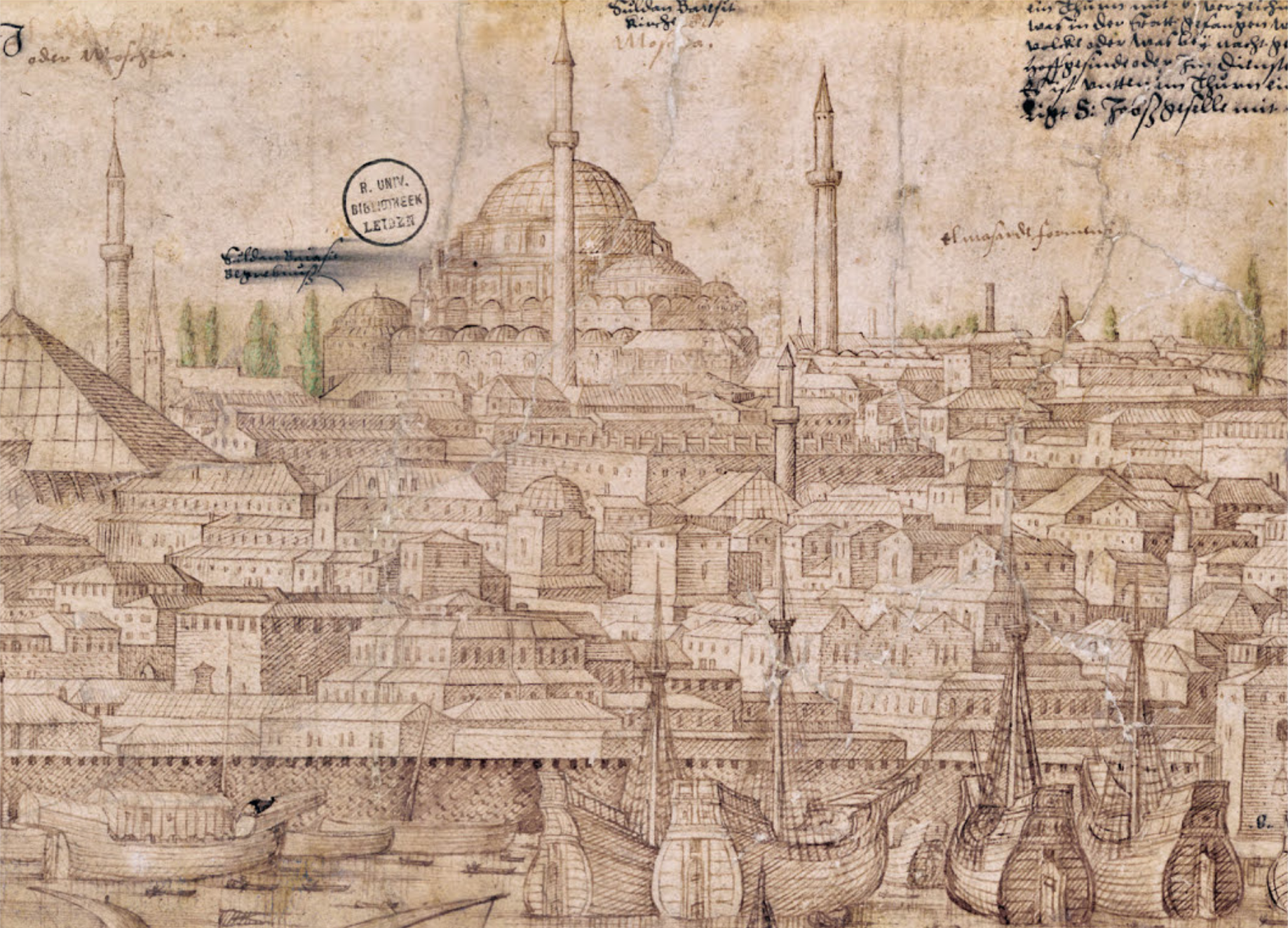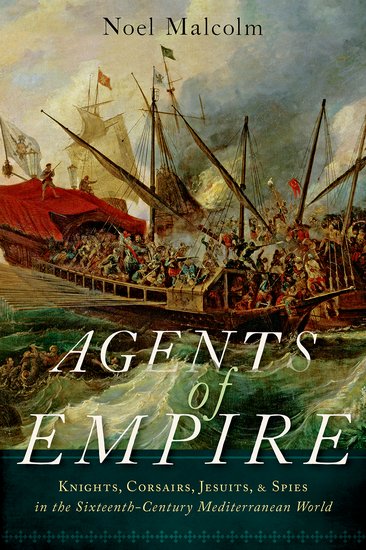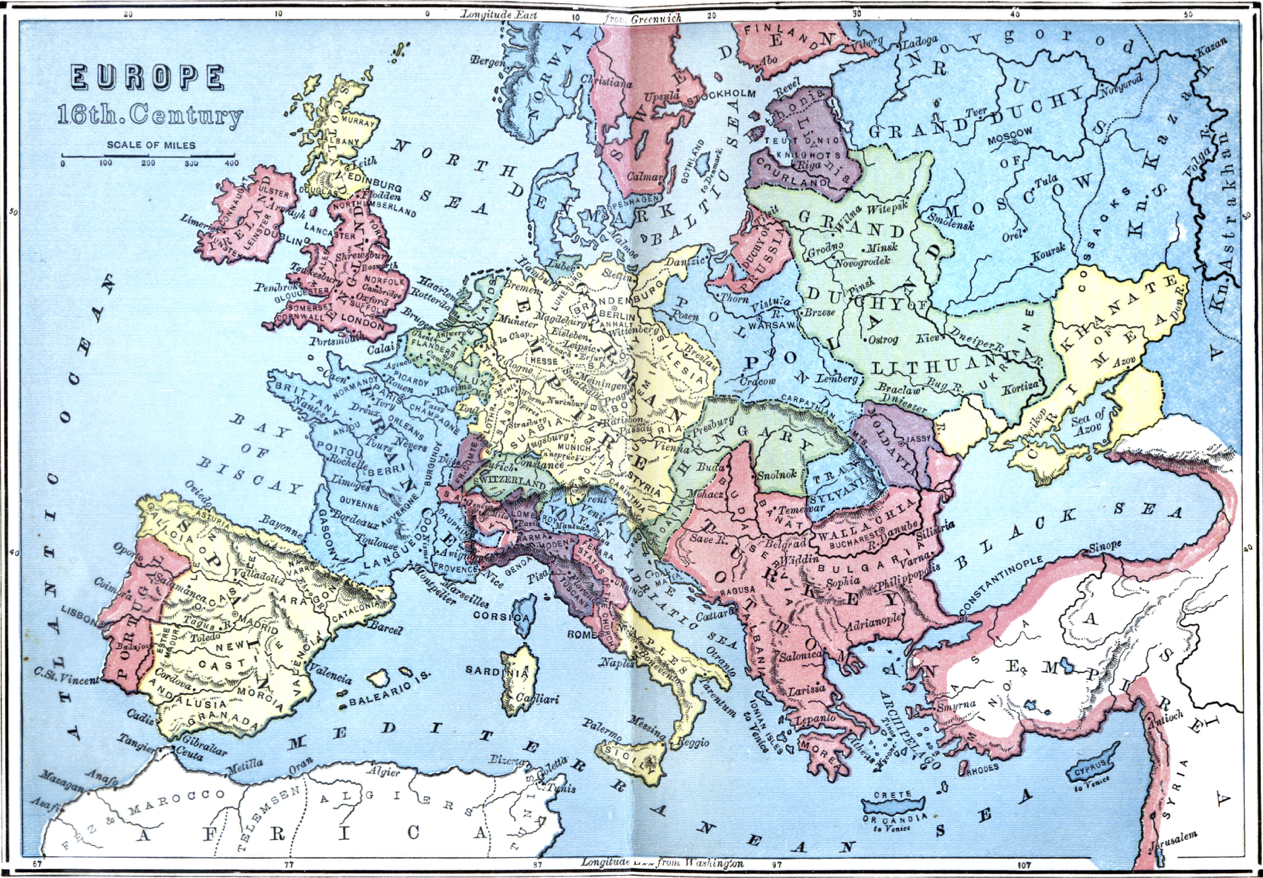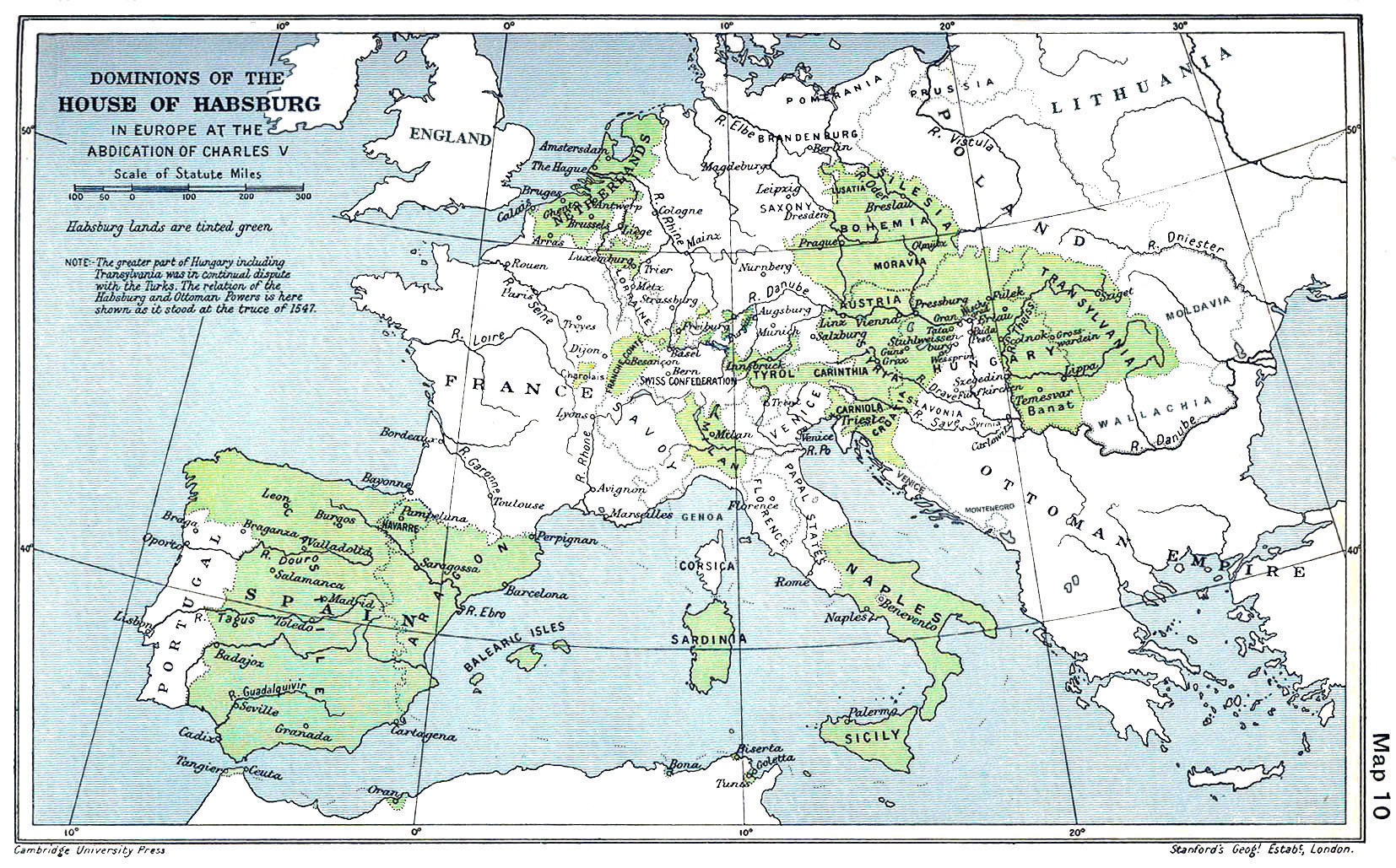The Sixteenth Century
The Sixteenth Century
Some notes on the book Agents of Empire Knights, Corsairs, Jesuits and Spies in the Sixteenth-Century Mediterranean World by Noel Malcolm.
The 16th Century was a time of transition. The modern era was slowly and unevenly emerging from the middle ages. Feudal systems remained firmly entrenched in most of Europe, while here and there a new order was pushing aside the old.
The printing press was the disruptive technology. The Protestant Reformation ushered in religous war and political upheaval that drastically changed the dynamics of power across the continent.
Art and Science gathered momentum towards the Enlightenment of the 17th and 18th Centuries. Gun powder came into increasingly common usage in battle. The discovery of the New World and subsequent lopsided conquests of the Aztecs and Incas kicked off the colonial era. The technologies of naval power advanced to the point where, in 1616, 6 Spanish ships defeated an Ottoman armada of 55 galleys in the Battle of Cape Celidonia. Already, the next generation of colonial powers were preparing to leapfrog the Iberian countries.
The House of Hapsburg came to control a disconnected set of territories including Austria, a newly unified Spain, the low countries, and Burgundy under the banner of the Holy Roman Empire.
The book follows an extended family from coastal Albania, members of which serve the various powers of the day - Venice, Spain, the Papacy, or the Porte. This point of view, low level nobility from a backwater region, maybe somewhat analogous to the professional class of today, allows the setting, the complex political economy of the eastern Mediterranian to take center stage. On another layer, Malcolm gives amusing insight into the process of historical sleuthing through sparse and ambiguous surviving records that uncovered the family’s story. The result is dense reading - but well worth it.
Here are some major events that I gathered up to try to get some context on these turbulent times:
The Protestant reformation
- 1450: Gutenberg Bible published.
- 1517: The Protestant Reformation begins when Martin Luther posts his 95 Theses in Saxony.
- 1534: Act of Supremacy. King Henry VIII declared supreme head of the Church of England.
- 1562-1598: French Wars of Religion
- 1568-1648: Dutch Revolt and Eighty Years’ War
Art and Science
- 1452-1519: Leonardo da Vinci
- 1473-1543: Copernicus
- 1543: Nicolaus Copernicus publishes ‘On the Revolution of Heavenly Bodies’
- 1475-1564: Michelangelo
- 1488-1576: Titian
- 1564-1616: Shakespeare
- 1564-1642: Galileo
- 1571-1630: Kepler
Exploration and colonialism
- 1492: Columbus sails to the New World
- 1497–1499: Vasco da Gama’s first voyage to India
- 1521: Magellan reaches the Pacific
- 1519-1521: conquest of the Aztecs by Cortes
- 1532: Francisco Pizarro leads the Spanish conquest of the Inca Empire.
- 1543: Portuguese traders reach Japan
- 1557: The Portuguese settle in Macau
- 1569: Mercator 1569 world map published by Gerardus Mercator.
- 1579: The British navigator Sir Francis Drake passes through Maluku on his circumnavigation of the world
- 1585: Failed colony at Roanoke founded in North America
- 1600: Elizabeth I grants a charter to the British East India Company
Naval battles
- 1538: Spanish–Venetian fleet is defeated by the Ottoman Turks at the Battle of Preveza.
- 1558: Turkish admiral Piyale Pasha captures the Balearic Islands
- 1560: Ottoman navy defeats the Spanish fleet at the Battle of Djerba.
- 1571: The Spanish-led Holy League navy destroys the Ottoman navy at the Battle of Lepanto.
- 1588: English defeat Spanish Armada
- 1616: 5 Spanish galleons and 1 patache defeat 55 Ottoman galleys in the battle of Cape Celidonia
Spanish Monarchy
- 1474-1504, 1479-1516: Isabella I & Ferdinand II
- 1516-1556: reign of Charles V, Holy Roman Emperor, aka Charles I of Spain
- 1556-1598: reign of Philip II of Spain
Ottoman Empire
In 1453, Constantinople, the capital of the Byzantine Empire, was captured by the Ottomans under the command of Sultan Mehmed II.
- 1389: Battle of Kosovo
- 1453: Fall of Constantinople
- 1520-1566: reign of Suleiman the Magnificent
- 1529: seige of Vienna
- 1566-1574: reign of Selim II
- 1574-1595: reign of Murad III
- 1595-1603: reign of Mehmed III
 Istanbul from Galata by Melchior Lorck circa 1555.
Istanbul from Galata by Melchior Lorck circa 1555.
Other events
- 722-1492: Spanish Reconquista
- 1096-1291: Crusades
- 1300-1600: Renaissance
- 1347-1351: Peak of black plague in Europe
- 1368–1644: Ming dynasty
- 1600-1700: Dutch golden age
- 1606–1669: Rembrandt
- 1618–1648: Thirty Years’ War



